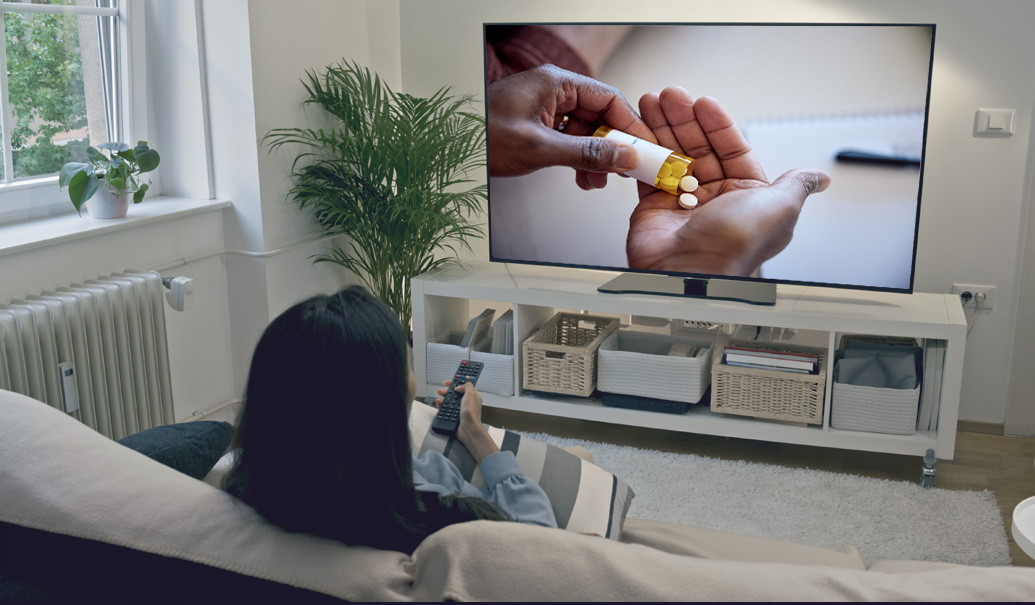Add insights to your inbox
We’ll send you content you’ll want to read—and put to use.
From healthcare to high-tech, our deep domain expertise ensures that solutions work for you.
See overviewIt’s about results, not just ideas. We deliver solutions that work in the real world.
See overviewWith ZS, you have a partner committed to getting it right the first time.
Where passion changes lives.
Where passion changes lives.

Life sciences CRM: Five considerations for a strategic decision
June 24, 2025 | Article

What life sciences organizations should look for in an AI-driven analytics platform
June 24, 2025 | Q&A

A direct-to-consumer advertising ban? What it means and how pharma can prepare
April 15, 2025 | Article
Our best insights in your inbox.
